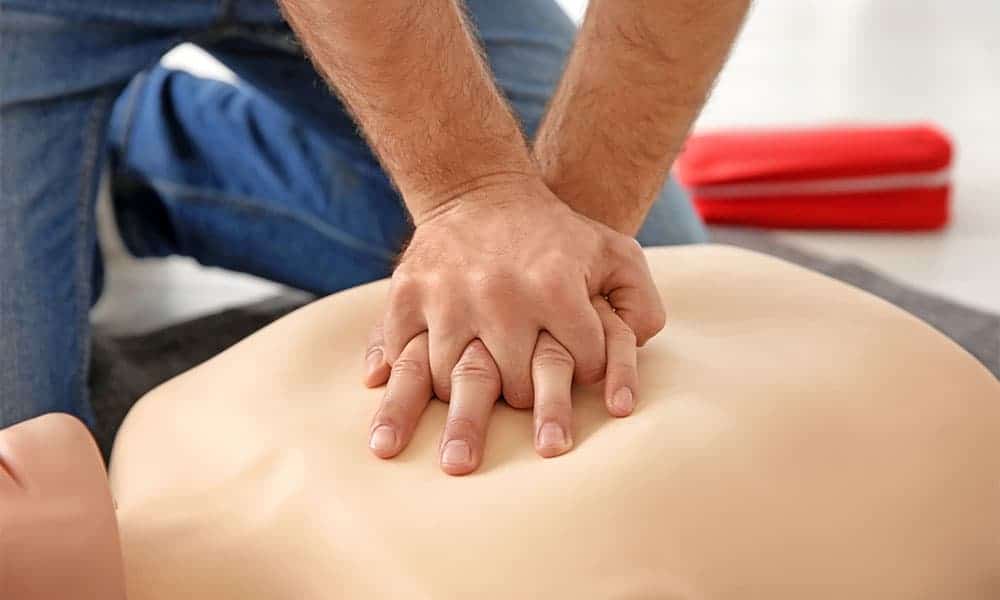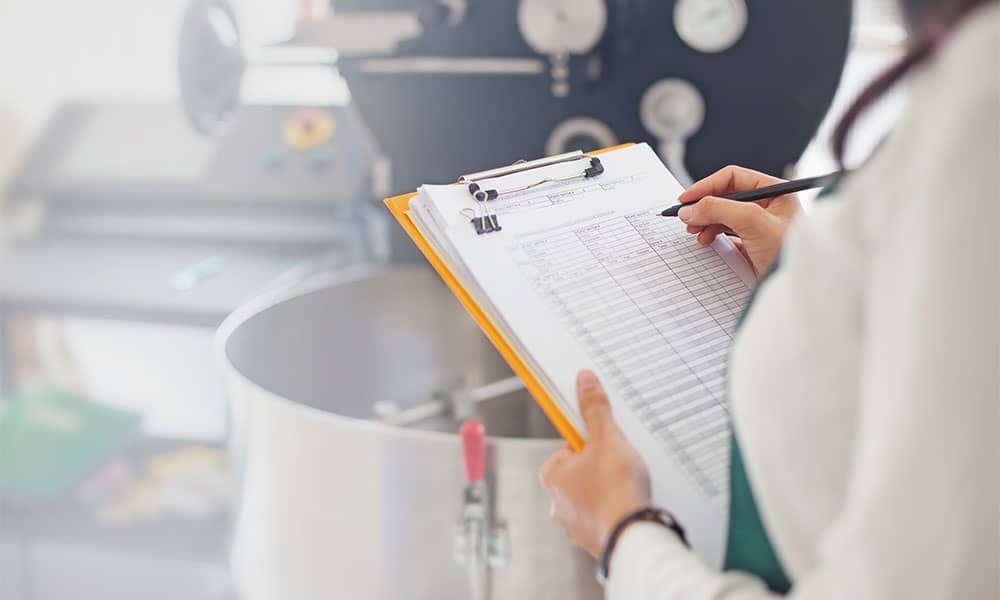Person In Charge – Certification for Food Safety
Introduction
Food safety is a critical part of operating a food business. Illnesses resulting from improper food handling and preparation result in unnecessary human suffering and serious financial loss. Operating a safe, sanitary food establishment with a good food safety culture can help to prevent these illnesses and makes good economic sense. A well-run operation protects public health, reduces food waste, attracts customers and reduces the risk of negative publicity.
The Food Control Department of KSA Municipality is dedicated to ensuring that your establishment provides safe food to your customers. Inspections and training programs are provided to help prevent problems from occurring within your food establishment.
All food establishments shall employ at least one full-time, on-site Person in Charge Certified in Food Safety. All food service establishments where high-risk, ready-to-eat or raw foods are prepared shall have at least one Person in Charge certified in food safety present in the establishment during all shifts (duration) of food establishment operation.
The Person in Charge shall be responsible for and shall actively oversee all food establishment operations that could have an impact on the safety of the food. Each certified Person in Charge shall possess knowledge of food safety principles and practices as demonstrated by passing a written examination acceptable to the Food Control Department.
Approvals and Certifications:
KSA Municipality and Highfield International
Introduction to Food Safety
- Understand food safety and business operator/staff responsibilities with regards to food safety
- Understand the regulatory and legislative framework in KSA
- Understand disease surveillance data, common foodborne diseases in KSA
- Understand factors that commonly contribute to foodborne illness
Prerequisite Programs
- Understand the role of personal hygiene in preventing contamination and foodborne illness
- Identify the hygiene practices that employees should follow before reporting to work and while at work
- Understand how the design, layout, construction,
- Understand the implementation, management, and application of good hygiene practices, cleaning, disinfection, waste disposal, and pest control and maintenance of premises and equipment can affect food safety
- Understand the procedures of supplier approval and stock control
- Understand the concepts to assess training and competency needs of employees
Understand the Hazards and Control Measures
- Understand microbial, chemical, physical hazards and allergens
- Understand risk factors linked to these hazards and control measures
- Explain methods for monitoring and recording food safety hazards
- Determine the appropriate corrective actions required if food safety hazards are not controlled
Manage Food Safety Compliance
- Explain food business operator and staff responsibilities with regard to food safety legislation
- Implement the requirements of food safety legislation and procedures for compliance and enforcement
- Explain the food inspection system
- Explain how to use the Foodwatch platform
Food Safety Management System
- Explain the principles of HACCP
- Understand the controls needed to protect the safety of food as relevant to the type and nature of the business
- Manage microbial, physical, chemical and allergen food safety risks relevant to the type and nature of food business
- Understand how to handle risks associated with raw or partially cooked ready to eat food
- Manage and maintain food safety documentation and records via Foodwatch








